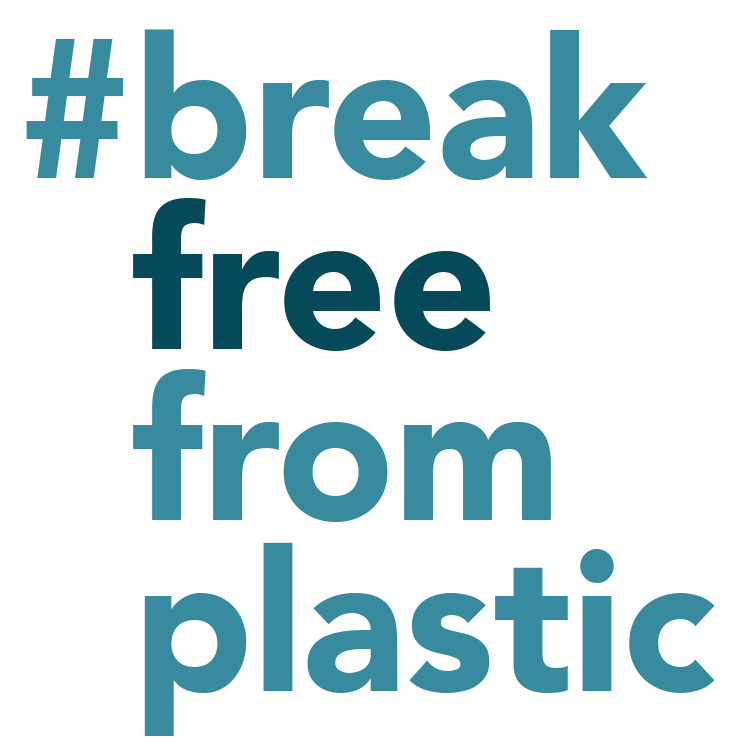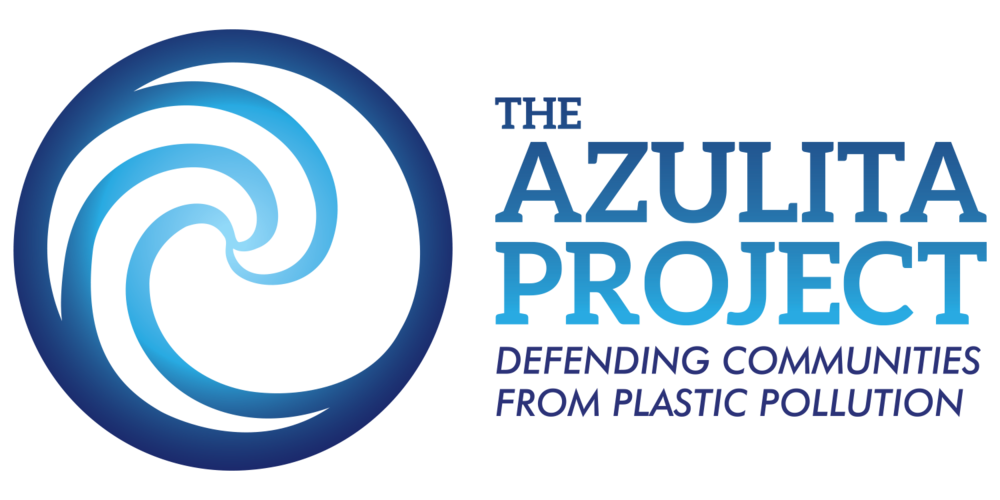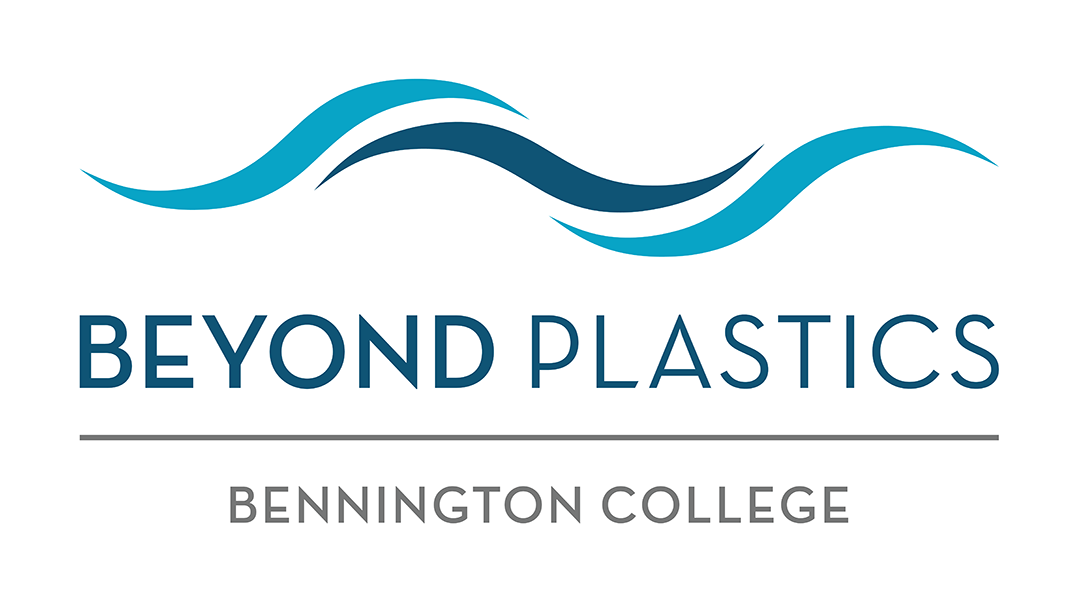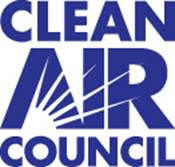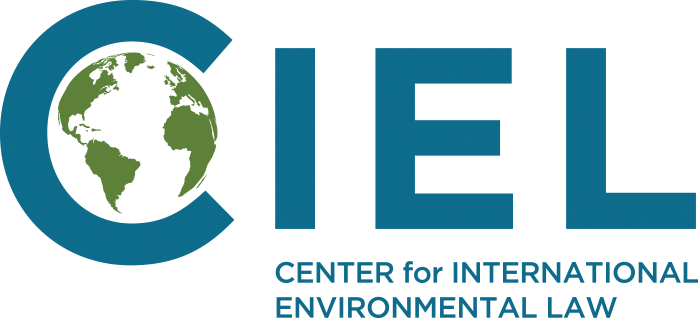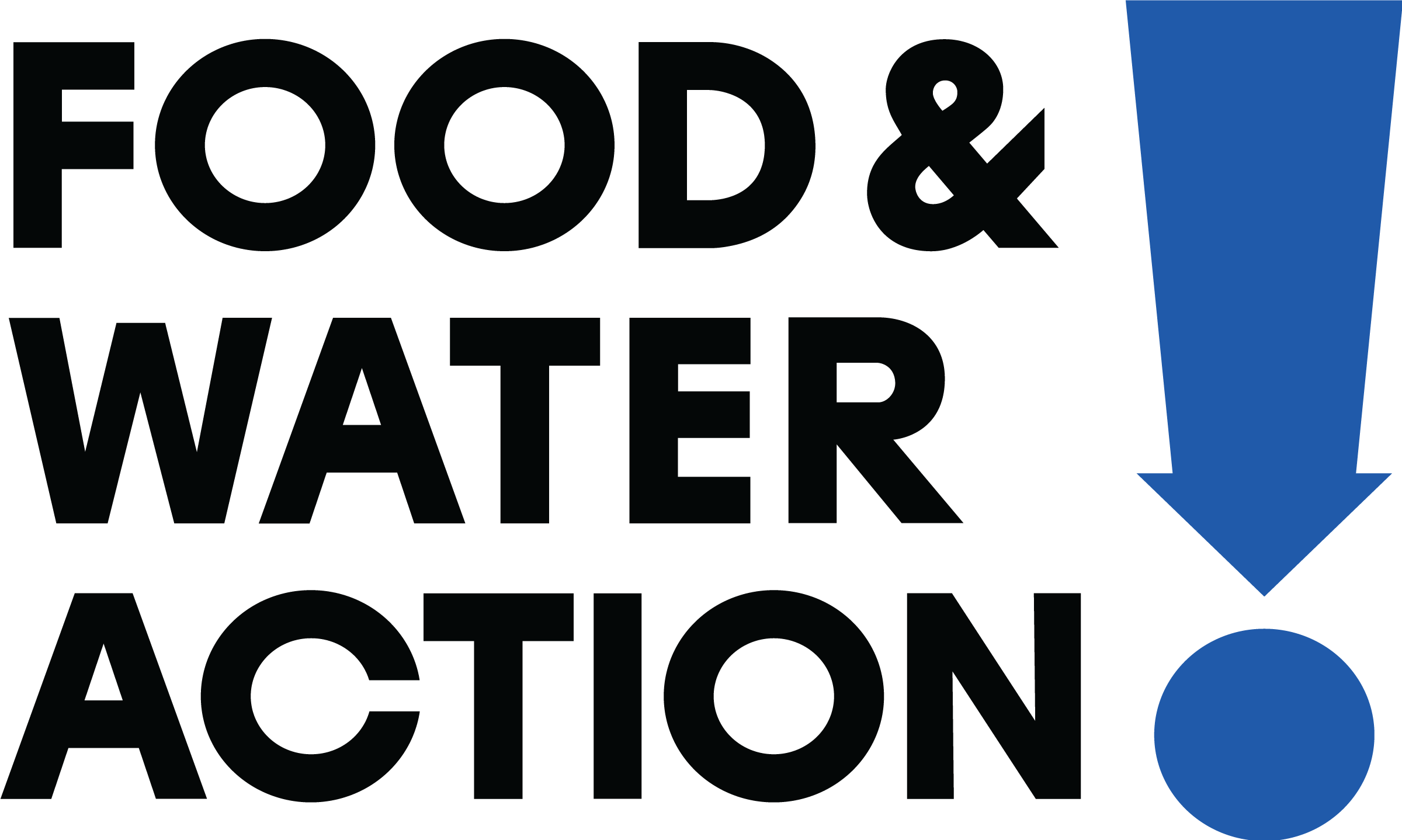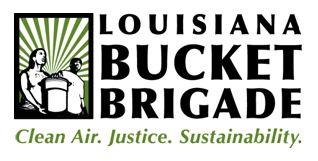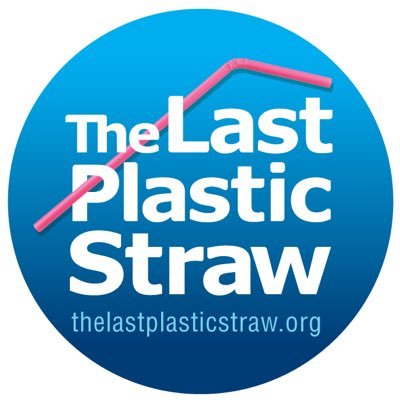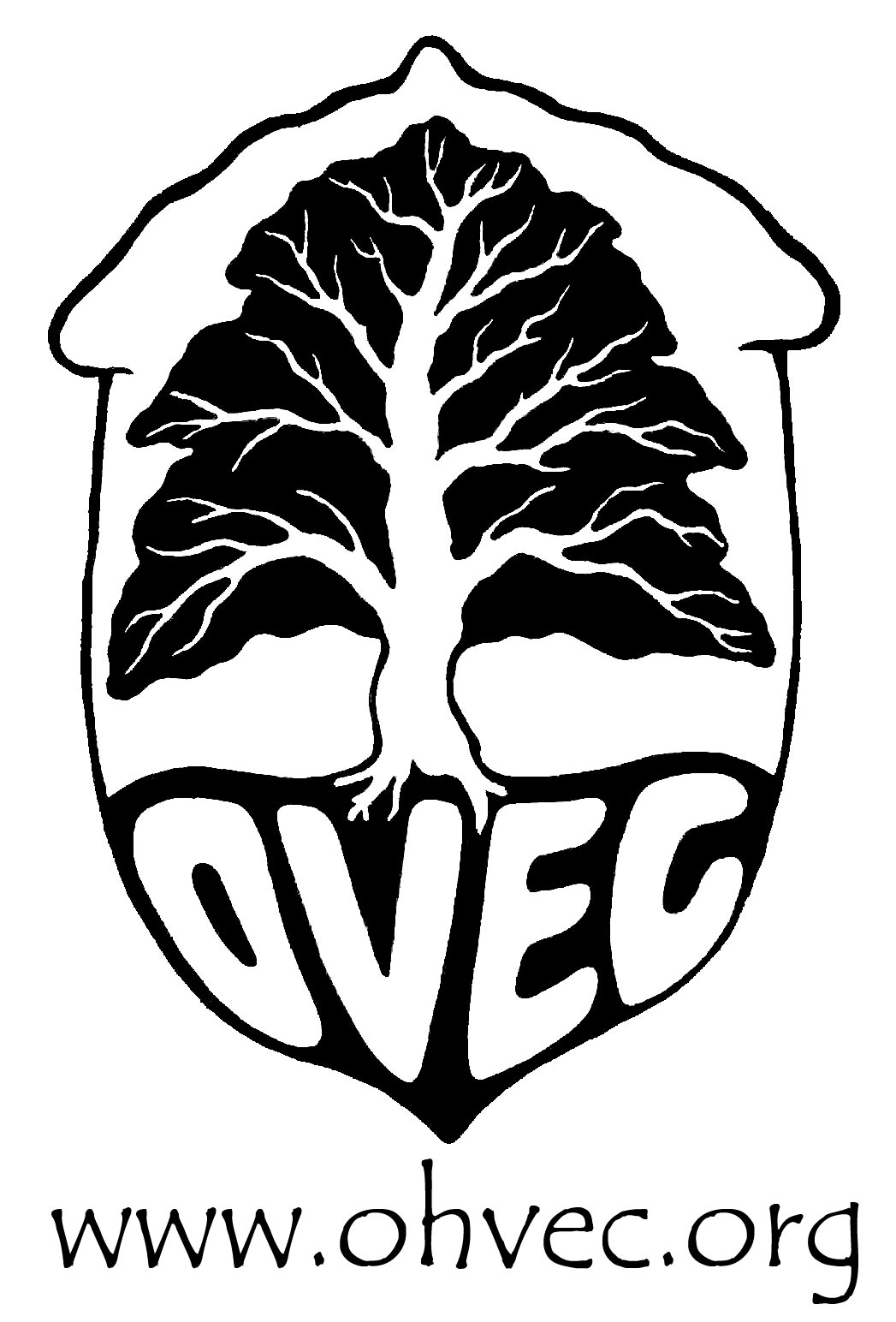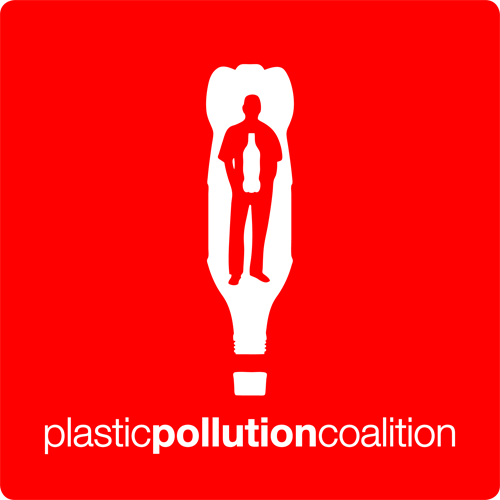100 Grannies for a Livable Future
100% Green Schools L.A.
1000 Grandmothers for Future Generations
1000 Fountains
2degrees Northampton
2000 Spays and Neuters.org
301 Organics
350.org
350 Bay Area
350 Brooklyn
350 Butte County
350 Central Colorado
350 Colorado
350 Eugene
350 Everett, WA
350 Fairfax
350 Houston
350 Lake Norman
350 Long Beach
350 MA-Berkshires
350 Marin
350 Mass Metro North Node
350 New Orleans
350 NYC
350 Rhode Island
350 Sacramento
350 San Diego
350 Santa Barbara
350 Santa Cruz
350 Seattle
350 Silicon Valley
350 SoCal
350 Spokane
350 Tacoma
350 Triangle
4Ocean
5 Gyres Institute
7th Generation Advisors
Abaca Games
ABCRGR Creation Collaborative
Academia Brasileira Ambientalista de Letras (ABAL)
Active San Gabriel Valley
Adventure Coast Sierra Club
Adventures in Waste
Advocates for Springfield
Alabama Interfaith Power & Light
Algalita Marine Research & Education
All Our Energy
Allamakee County Protectors - Education Campaign
Allegany County Women's Action Coalition
Alliance for Climate Education (ACE)
Alliance of Nurses for Healthy Environments
Alpha Forma
Already Devalued and Devastated Homeowners of Parsippany
Altamaha Riverkeeper
Amazon Watch
American Sustainable Business Council
Anacostia Riverkeeper
Animal Welfare Institute
Animals Are Sentient Beings, Inc.
Animas Valley Institute
Anthropocene Alliance
Apalachicola Riverkeeper
Assateague Coastal Trust
Association for the Advancement of Sustainability in Higher Education
Atchafalaya Bainkeeper
Athens County's Future Action Network, formerly Athens County (OH) Fracking Action Network
Audubon of Southwest Florida
Ayer Recycling Committee
Aytzim: Ecological Judaism
Azul
BalloonsBlow.org
Bag Free Wichita
Bag the Bronx
Ban SUP
Basel Action Network
Battle Creek Alliance & Defiance Canyon Raptor Rescuer
Bay Area-System Change not Climate Change
Bayou City Waterkeeper
Beach Environmental Awareness Campaign Hawaii (B.E.A.C.H.)
Beach Signs and Designs
Beachcleaner.de
Beaver County (PA) Marcellus Awareness (BCMAC)
Beloved Earth Community of The Riverside Church
Benicians for a Safe & Healthy Community
Berks Gas Truth
Berkshire Environmental Action Team (BEAT)
Berkshire Zero-Waste Initiative
Better Path Coalition
Beyond Toxics
Bhumi Global
Big Bang Photographie France
Big Blackfoot Riverkeeper, Inc.
Big Reuse
Black Warrior Riverkeeper
Bliss & Wisdom Los Angeles/Little Parrot Farm
Blue Uprising
Bolsa Chica Land Trust
Boston Clean Energy Coalition
Breathe Project
BRINGiT
Brooklyn Bridge CSA
Brooklyn Solid Waste Advisory Board
Broome Tioga Green Party
Brown Girl Green
Buckeye Environmental Network
Bucks County Audubon Society
Bucks Environmental Action
Buddhist Global Relief
Buffalo Niagara Waterkeeper
BYO Madison
BYOBag Boston
BYOCT
Cafeteria Culture
Cahaba Riverkeeper
California Coastal Protection Network
California Reuse Collective
Californians Against Waste
Calusa Waterkeeper, Inc.
Cape Coral Friends of Wildlfie
Cape Fear River Watch
Catawba Riverkeeper Foundation
Catskill Mountainkeeper
Cayuga Lake Watershed Network
CDH Development & Associates
Center for a Competitive Waste Industry
Center for Environmental Health
Center for Food Safety
Center for Neighborhood Technology (CNT)
Center for Zero Waste Design
Central California Asthma Collaborative
Central Jersey Coalition Against Endless War
CEO Pipe Organs/Golden Ponds Farm
CERBAT
Chautauqua-Conewango Consortium
ChicoBag Company / To-Go Ware
Choctawhatchee Riverkeeper
Christians Caring for Creation
Christians For The Mountains
Church Women United in New York State
Circular Triangle
Citizens Coalition for a Safe Community
Citizens Conservation Lobby
Citizens' Environmental Coalition
Ciudadanos Del Karso
Clean Air Council
Clean Ocean Action
Clean Water Fund
CleanAirNow
Climable
Climate Action Now Western Mass
Climate Action Now!
Climate Crisis Policy
Climate Defense Project
Climate Hawks Vote
Climate Reality DFW Chapter - Plastics Working Group
Climate Reality Project
Climate Reality Project, Susquehanna Valley PA Chapter
Climate Reality: Pittsburgh & Southwestern PA
Climate Witness Project
Clover Sonoma
Coaltion Against Pilgrim Pipeine - NJ
Coastal Band of the Chumash Nation
Coastal Carolina Riverwatch/Crystal Coast Waterkeeper
Colorado River Waterkeeper Network
Colorbrightongreen.org
Columbia Riverkeeper
Columbus Community Rights Coalition
Community Action Works
Community Law and Mediation Services
Community SPOTLIGHT
Concerned Citizens for the Hudson Valley
Concerned Health Professionals of New York
Concerned Ohio River Residents
Conejo Climate Coalition
Coney Island Beautification Project, Inc.
Congregation of Our Lady of Charity of the Good Shepherd, U.S. Provinces
ConnPIRG Students
Conservation Congress
Conservation Law Foundation
Cook Inletkeeper
Cooperative Energy Futures
Cottonwood Environmental Law Center
Courage California
Creative Club Global
Cumberland-Harpeth Audubon Society
Daily Acts
DC Environmental Network
Debris Free Oceans
Designs For A Better World
Dietrick Institute for Applied Insect Ecology
Dominican Sisters of Sinsinawa Peace and Justice Office
Don't Gas the Meadowlands Coalition
Don't Waste Arizona
Don't Waste Durham
Earth Ethics, Inc.
Earth Guardians Bay Area Crew
Earth Island Institute
Earth Uprising
EarthDay.org
Echofriendly
Eco-Justice Collaborative
Eco-Poetry.org
Ecological Rights Foundation
Ecology Center
Education, Economics, Environmental, Climate and Health Organization (EEECHO)
Elders Action Network
Elektrik Fantasy Festival / The Fantasea Foundation
Endangered Habitats League
Endangered Species Coalition
Environment and Human Health, Inc. (EHHI)
Environmental Action Committee of West Marin
Environmental Advocates NY
Environmental Investigation Agency
Equitable Health Solutions, LLC
Eye Level Learning Center of Northbrook
Extinction Rebellion Kentucky
Extinction Rebellion Santa Barbara
Fairmont, Mn Peace Group
Families Advocating for Chemical and Toxics Safety (FACTS)
Fearless Grandmothers
Feminists in Action Los Angeles
For Love of Water (FLOW)
Foundation Earth
Frac Sand Sentinel: Project Outreach
Frack-Free Frostburg (Maryland)
FracTracker Alliance
Franciscan Action Network
FreshWater Accountability Project
Friends Committee on Legislation of California
Friends of Arthur R. Marshall Loxahatchee National Wildlife Refuge
Friends of Buckingham
Friends of Heinz Refuge
Friends of Nelson
Friends of the Bitterroot
Friends of the Earth
Friends of the Kaw
Friends of the San Juans
Friends of the Wild Swan
Fuerza Mundial
Fund for Wild Nature
Future Prosperity
Gas Free Seneca
Gas Free Seney
GASP
Genesis Farm
GeoFamily Foundation
Geos Institute
Ghent Neighborhood League
Glendale Environmental Coalition
Global Catholic Climate Movement
Good Neighbor Steering Committee
Gonzaga Environmental Organization
Graphics Now
Grassroots Environmental Education
Great Egg Harbor Watershed Association
Great Old Broads for Wilderness
Green America
Green Compass
Green Education and Legal Fund
Green Map System
Green Newton, Inc
Green Party of Nassau County
Green State Solutions
Green The Church
Greenaction for Health and Environmental Justice
Greenbelt Climate Action Network
GreenFaith
GreenLatinos
Group for the East End
Grow Purpose
Gunpowder Riverkeeper
Hands Across the Sand
Hannah4Change
Haw River Assembly
Hawai'i Institute for Human Rights
Heal the Bay
Health Promotion Consultants
Healthy Gulf
Healthy Oceans Coalition
HealthyPlanet
Heirs To Our Oceans
Hesperian Health Guides
Hilton Pond Center for Piedmont Natural History
Hispanic Access Foundation
Home ReSource
Honeydew Energy Advisors
Howling For Wolves
Hyde Consulting
Idle No More SF Bay
iEat Green
In the Shadow of the Wolf
Indian Riverkeeper
Indivisible 518: Justice for All
Indivisible Bainbridge Island
Indivisible Cranbury
Indivisible Ga 04
Indivisible Pittsfield
Indivisible San Jose
Inland Ocean Coalition
inNative
Inspiration of Sedona
Interfaith Earthkeepers of Eugene/Springfield, ORR
Interfaith Oceans
Interfaith Power & Light
International Marine Mammal Project of Earth Island Institute
Iris Art & Education Group
It's Easy Being Green
Jampac (Jamesville Positive Action Committee)
Johnson Ohana Foundation
Just Burlap Bags
Kettle Range Conservation Group
Kickapoo Peace Circle
Kissimmee Waterkeeper
Kiva Design + Architecture
Kokua Hawaii Foundation
Lahontan Audubon Society
Last Bottle Clothing
Limelight Studio LLC
Live Life Medical Center
Living Rivers & Colorado Riverpeeper
Loggerhead Marinelife Center
Lonely Whale
Long Island Network Divers
Long Island Progressive Coalition
Los Padres ForestWatch
Lower Susquehanna Riverkeeper Association
Mama Dbaby
ManaSota-88, Inc.
Manhattan Solid Waste Advisory Board
Marcellus Outreach Butler
Marin Sanitary Service
Maryland Ornithological Society
Mass Forest Rescue
Matanzas Riverkeeper
Mazaska Talks
MendoRecycle
Mid-Missouri Peaceworks
Milwaukee Riverkeeper
Mission Blue
Missouri Confluence Waterkeeper
Mlondolozi High School
MM Green Packaging Solutions
MOM's Organic Market
Mornig Line Farms, Inc.
Mothers Out Front- Asheville, NC
Mountain Watershed Association
MountainTrue
Movement Rights
Nassau Hiking & Outdoor Club
National Advocacy Center of the Sisters of the Good Shepherd
National Clean Up Day/Clean Trails
National Network for Immigrant & Refugee Rights
National Religious Coalition on Creation Care
National STEM Honor Society
Natural Resources Council of Maine
Natural Resources Defense Council
Neighbors of the Northwest Branch of the Anacostia River
NELA Climate Collective
New Mexico Interfaith Power and Light
New Standard Institute
New York Public Interest Research Group (NYPIRG)
New York Youth Climate Leaders
Newtown Creek Alliance
NJ State Industrial Union Council
NMEAC
No Sharon Gas Pipeline - Clean Energy Now
No Waste Louisiana
North American Climate, Conservation and Environment (NACCE)
North American Water Office
North Carolina Council of Churches
North Country 350 Alliance
North Kitsap Indivisible
Northcoast Environmental Center
Northern California Recycling Association
Northern Jaguar Project
Norwalk River Watershed Assocation
Norwalk Zero Waste Coalition
NY Communities for Change
NY4WHALES
NYC H2O
NYCD16 Indivisible
NYPAN Enviro
Occidental Arts and Ecology Center
Ocean Conservation Research
Ocean Crest Alliance
Ocean First Institute
Ocean Recovery Community Alliance
Oceanic Global
Oceanic Preservation Society
OFA Marin
Office of Peace, Justice and Integrity of Creation, Sisters of Charity of New York
Ogeechee Riverkeeper
Ohio River Waterkeeper
Orange County Coastkeeper
Oregon Physicians for Social Responsibility
OSPIRG Students
Our Revolution Falls Church
Our Santa Fe River, Inc.
Pachamama Alliance of the Cincinnati Area
Pacific Environment
Pacific Marine Mammal Center
Parley for the Oceans
Parsippany Green Team
Pass the Federal Green New Deal Coalition
Past Plastics Cincinnati
Peace Boat US
Peak Plastic Foundation
Peconic Baykeeper
Pelican Media
PennFuture
People Concerned about Chemical Safety
People Over Petro Coalition
People's Climate Movement - Capital Region
Physicians for Social Responsibility Arizona
Physicians for Social Responsibility Florida
Pittsburgh Vegan Society
Plastic Free America
Plastic Free Future
Plastic Free Sharon
Plastic-Free MKE
PlasticFreeRestaurants.org
Plastic Ocean Project, Inc.
Plastic Oceans International
Portland Chapter of Native Plant Society of Oregon
Presentation Sisters Justice Commission
Preserve Monroe
Project Coyote
Protect PT (Penn-Trafford)
PSR Pennsylvania
Public Citizen
Public Goods and Services
Public Lands Project
Puget Soundkeeper
Quad Cities Waterkeeper INC.
r.Cup
Rachel Carson Council
Raptors Are The Solution
Raritan Headwaters
RE Sources
Recycle Hawaii
Red Rock Audubon Society
Reef Relief
ReImagine Turtle Creek Watershed & Airshed Communities Plus
Resource Renewal Institute
RESTORE: The North Woods
ReThink Plastics, Athens, Ohio
Rethink Waste Gonzaga
Rethinking Plastic
ReWild Long Island
Rincon-Vitova Insectaries, Inc.
Rio Grande Waterkeeper (WildEarth Guardians)
RISE St. James
River Guardian Foundation
Riverdale Jewish Earth Alliance
Rogue Climate
RootsAction.org
Russian Riverkeeper
Sacred River Healing
Safe Alternatives for our Forest Environment
Safe Healthy Playing Fields Inc.
Safer States
San Antonio Bay Estuarine Waterkeeper
San Bernardino Valley Audubon Society
San Francisco Baykeeper
Sane Energy Project
Santa Clarita Chapter of Citizens' Climate Lobby
Santa Cruz Climate Action Network
Santa Cruz Climate Speakers Bureau
Save Our Sandhills
Save Our Shores
Save Our Sky Blue Waters
Save the Albatross Coalition
Save the Frogs!
Save the Manatee Club
Save The River Upper St. Lawrence Riverkeeper
Save Wolves Now Network
Sea Hugger
Sears-Swetland Family Foundation
Seaside Sustainability
Seatuck Environmental Association
Seeding Sovereignty
Seneca Lake Guardian
Seva
Sexton
Shark Stewards
ShoreRivers
Sierra Club
Sisters of Charity Federation
Sisters of St. Dominic of Blauvelt, New York
Sisters of St. Francis of Philadelphia
Sixth Street Community Center
Slow Food North Shore
Snake River Waterkeeper
Society of Alternative Resources
Society of Fearless Grandmothers
Society of Native Nations
SocioEnergetics Foundation
Solar Wind Works
Solarize Albany
Sound Action
South Asian Fund For Education,Scholarship and Training (SAFEST)
South Baltimore Community Land Trust
South Florida Wildlands Association
South Shore Audubon Society
Southwest Wetlands Interpretive Association
Southwestern Indiana Citizens for Quality of Life
Special Service for Groups/API Forward Movement
Spokane Falls Chapter Trout Unlimited
Spokane RIverkeeper
Spottswoode Winery, Inc.
St. Andrew's Presbyterian Earth Care Committee
St. Vincent de Paul Church, Baltimore
Stand.earth
Stop the Algonquin Pipeline Expansion
Strategy Zero Waste Solutions
Suncoast Waterkeeper
Sunflower Alliance
Sunrise Movement Bay Area
Sunrise Movement Howard County
Sunrise Movement New Orleans
Sunrise Movement Portland
Sunrise Movement Silicon Valley
Sustain Charlotte
Sustainability Department, Sisters of St. Joseph
Sustainable Arizona
Sustainable Bainbridge
Sustainable Coastlines Hawaii
Sustainable Mill Valley
Sustainable Ocean Alliance
Sustainable Sharon Coalition
Sustainable Sudbury
Sustainable Tompkins, Inc.
Sustainable Upton
Sustaining Way
Syracuse Cultural Workers
TAF
Tampa Bay Waterkeeper
Tar Sands Action SoCal
Tennessee Environmental Council
Terra Advocati
Texas Campaign for the Environment
The Banner
The Chad Livsey Project Inc.
The Climate Mobilization North Jersey Chapter
The Climate Reality Project Bay Area Chapter
The Climate Reality Project San Diego Chapter
The Harambee House
The Lands Council
The Last Plastic Straw
The Lilies Project
The Marine Mammal Center
The Natural History Museum
The Ocean Project
The Post-landfill Action Network
The Repurpose Project
The Rewilding Institute
The River Project
The Safina Center
The Shalom Center
The Shame Free Zone
The Spokane Ecosocialist
The Story of Stuff Project
The Wahine Project
The Watershed Center Grand Traverse Bay
The Whaleman Foundation
Think Zero LLC
Tikkun
Time Laboratory
TLC Edcuation
Tomales Bay Youth Center
Toxic Free NC
Toxics Information Project (TIP)
Transition Pasadena
Transition Sebastopol
Transition Town Port Washington
Tualatin Riverkeepers
Turtle Island Restoration Network
Un-bottle and Protect Chaffee County Water
Unexpected Wildlife Refuge
Unitarian Universalist FaithAction NJ
Unitarian Universalist Ministry for Earth
Upper Allegheny Waterkeeper Affiliate
Upper West Side Recycling
UPSTREAM
Urban Bird Foundation
Utah Physicians for a Healthy Environment
UU Congregation of Binghamton, Green Sanctuary
Valley Improvement Projects (VIP)
Valley Watch, Inc.
Vermont Yankee Decommissioning Alliance
Vote-Climate
Wasatch Clean Air Coalition
Watauga Riverkeeper
WATCH, Inc
Waterkeeper Alliance
Waterkeepers Chesapeake
Wellstone Democratic Renewal Club
WESPAC Foundation, Inc.
West 80s Neighborhood Association
West End Revitalization Association (WERA)
West Marin Climate Action
West Roxbury Saves Energy
West Virginia Environmental Council
White Oak-New Riverkeeper Alliance
Wild and Scenic Rivers
Wild Nature Institute
WILDCOAST
WildEarth Guardians
WilderUtopia
Willamette Riverkeeper
Winyah Rivers Alliance
Wisconsin Network for Peace, Justice & Sustainability
Women Working for Oceans - W2O
WSL PURE
WWALS Watershed Coalition, Inc.
www.Stewardsofthesea.org
Xun Biosphere Project
Young Democrats of America Environmental Caucus
Zanker Recycling
Zero Hour
Zero Waste Capital District
Zero Waste Humboldt
Zero Waste Kauai
Zero Waste Oahu
Zero Waste USA
Zero Waste Washington

